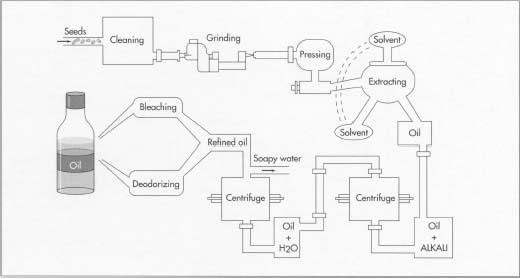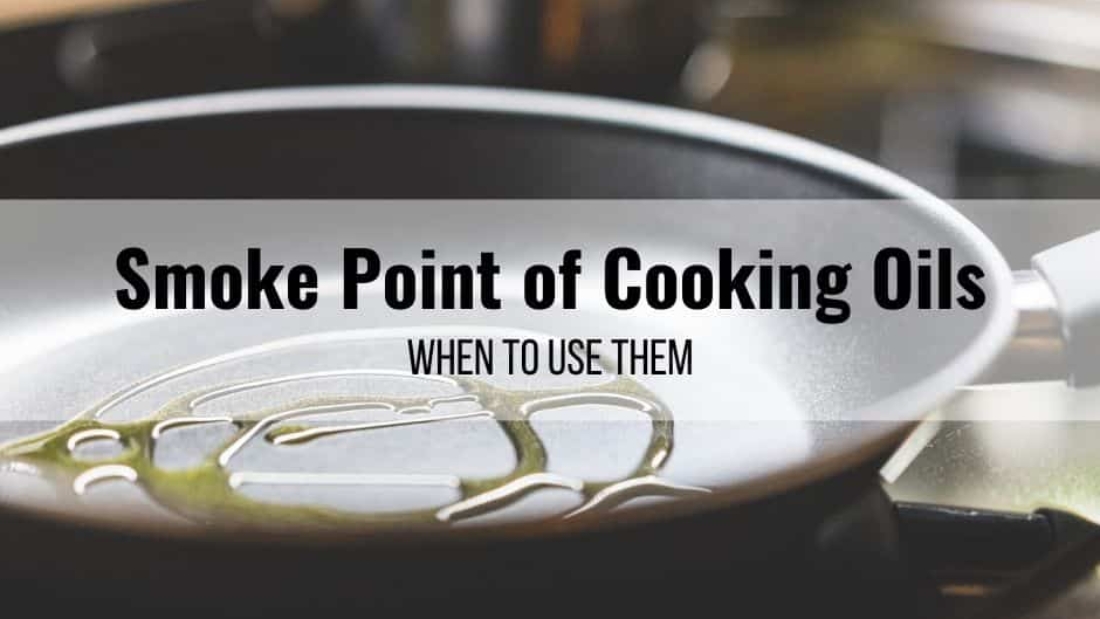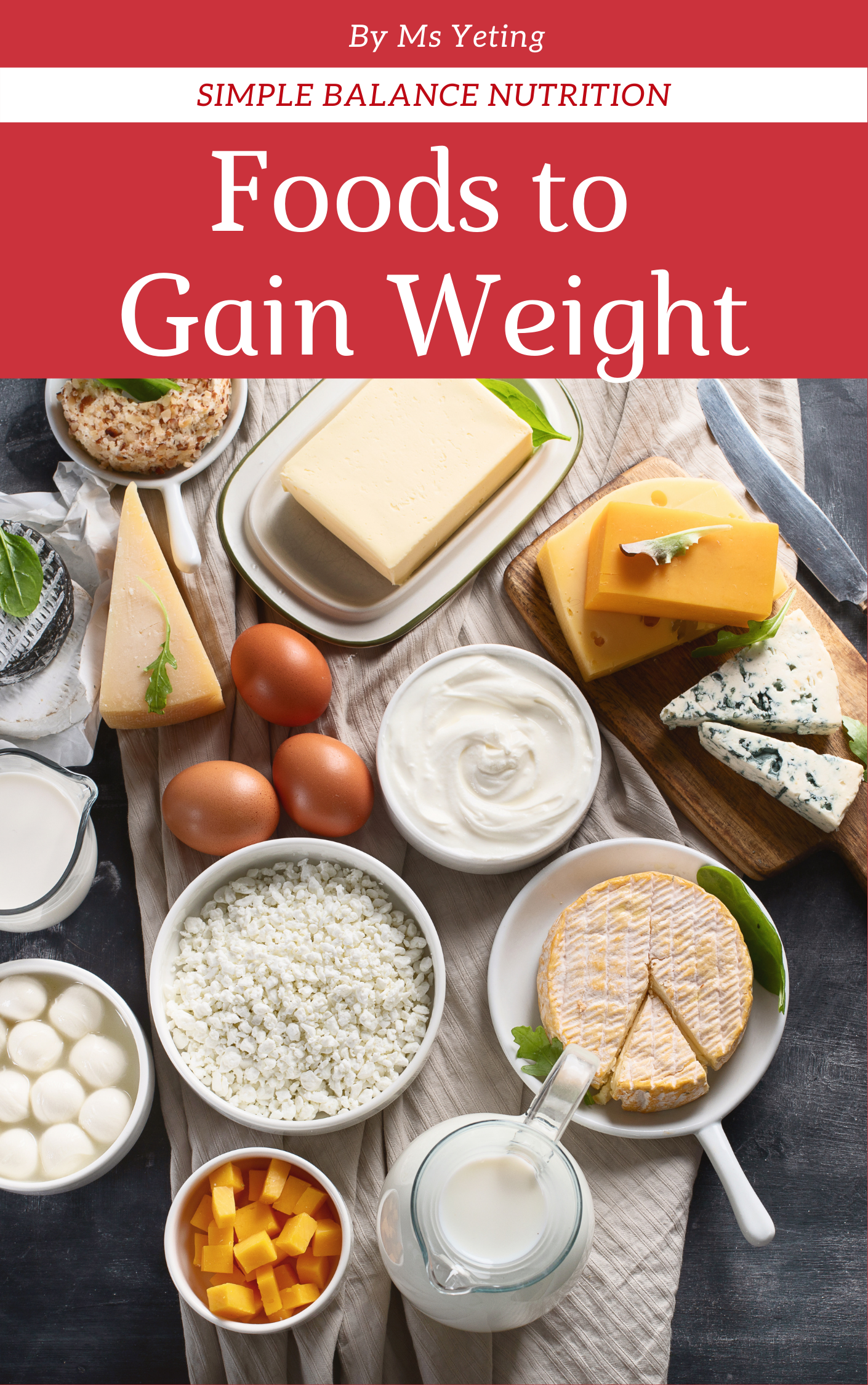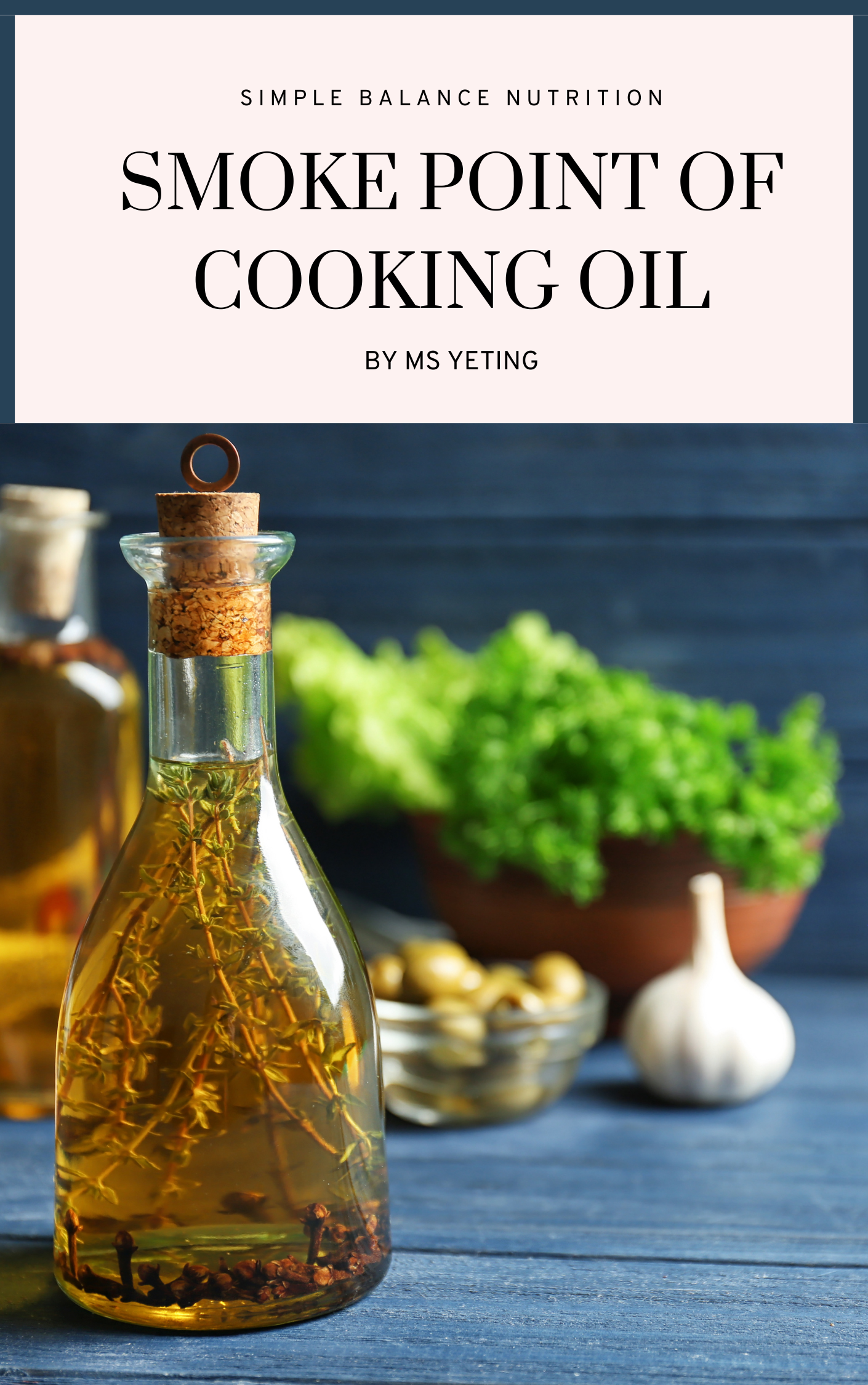Smoke point refers to the temperature at which an oil starts to burn and smoke. When oil is heated past its smoke point, it decomposes – it loses its beneficial nutrients, generates toxic fumes, and creates harmful free radicals.
The smoke point of cooking oils varies widely. In general, the more refined an oil, the higher its smoke point, because refining process removes impurities and free fatty acids that can cause the oil to smoke.
UNREFINED OILS
Unrefined cooking oils occur exactly as they do in their plant form (nuts, seeds, olives, grains). They are mechanically extracted from their oily parts through crushing and pressing and then left in their virgin state. This extraction process preserves their high flavor and nutrients, making them a healthier choice.
Unfortunately, unrefined cooking oils (and their nutrients) don’t play well with heat. They tend to have a low smoke point and are most suitable for drizzling, dressings, and lower temperature cooking. Another disadvantage of unrefined oils is their short shelf-life. As a result, many of them aren’t even available for purchase in their unrefined form.
Unrefined oils such as flaxseed oil, wheat germ oil and walnut oil have a low smoke point and should not be heated.
Expeller-pressed versus cold-pressed oils
Expeller pressing is a chemical-free process that removes the oils from their source using a mechanical press. Minimal heat is generated in the process.
Cold-pressed oils are extracted using an expeller press but under a carefully controlled temperature setting below 120°F. Cooler temperatures preserve the flavour and aroma of heat-sensitive oils. Cold pressing also retains naturally occurring phytochemicals, such as polyphenols and plant sterols, as well as vitamin E.
REFINED OILS
Refined cooking oils are made by highly intensive mechanical and chemical processes.

Cooking Oil – Manufacturing Process
Modern extraction consists of several steps:
- Cleaning the oil seeds involved dehulled, deskinned and stripped of all extraneous material.
- Grinding: Crushing the seeds and heating them in a steam bath.
- Pressing: Putting the seeds through a high volume press which uses high heat and friction to press the oil form the seed pulp.
- Extracting additional oil with solvents: Bathing the seeds in a hexane solvent bath and then steaming them again to squeeze out more oil.
- Putting the seed/oil mixture through a centrifuge and adding alkaline substance (sodium hydroxide or sodium carbonate) to begin the separation of the oil and seed residues.
- Refining the crude vegetable oil, including degumming, neutralizing, and bleaching.
- Deodorizing the final product.
- Packaging the oil into clean containers (glass or plastic).
Refined oils typically have a neutral taste and odour and a clear appearance. The number one reason manufacturers refine oils is to produce neutral flavor, longer shelf-life, and a high smoke point.
Unrefined oils have the same fatty acid profile and calorie content as refined.
A GUIDE TO COOKING WITH OILS
The cooking oil you choose depends on how you intend to use it, its nutritional qualities and its flavour. Depending on the source referenced, the smoke point of cooking oils will vary slightly due to impurities in the oil and the fact that oils break down gradually, rather than at one specific temperature.
- Almond oil: Smoke point: 430°F (221°C). High in monounsaturated fat and an excellent source of vitamin E. Nutty flavour. Use for frying, grilling, roasting, baking and salad dressings.
- Avocado oil: Smoke point: 520°F (271°C). Sweet aroma. High in monounsaturated fat and vitamin E. Use for searing, frying, grilling, roasting, baking and salad dressings.
- Butter: Smoke point: 350°F (177°C). High in saturated fat. Use for sautéeing and baking.
- Canola oil: Smoke point: 400°F (204°C; refined). A good source of monounsaturated fat and high in alpha-linolenic acid (ALA), an anti-inflammatory omega-3 fatty acid. Neutral flavour. Extremely versatile. Use for sautéeing, pan-frying and baking.
- Coconut oil (virgin): Smoke point: 350°F (177°C). Virgin coconut oil is high in lauric acid (a medium-chain fatty acid) that raises both HDL (good) and LDL (bad) cholesterol levels. It also contains a very high percentage of saturated fat (91%). Use for sautéeing and baking.
- Corn oil: Smoke point: 450°F (232°C; refined). High in polyunsaturated fatty acids. Mild flavour and aroma. Use in baking, sautéing, stir-frying.
- Flaxseed oil: Smoke point: 225°F (107°C). Best oil source of the omega-3 fatty acid (ALA). Use for salad dressings, smoothies and drizzling over cooked foods. Keep refrigerated.
- Grapeseed oil: Smoke point: 421°F (216°C; refined). Extracted from grape seeds (a byproduct of wine-making), rich in polyunsaturated fatty acids. Use for sautéeing, frying, baking and salad dressings.
- Olive oil (extra virgin): Smoke point: 320°F (160°C). High in monounsaturated fat. Good source of vitamin E and antioxidants called polyphenols. Fruity, tangy, bold flavour. Use for sautéeing and frying over medium-high heat, and salad dressings.
- Olive oil (virgin): Smoke point: 410°F (210°C).
- Olive oil (refined/light): Smoke point: 465°F (240°C). High in monounsaturated fat. Mild flavour. Use for all-purpose cooking and baking.
- Peanut oil: Smoke point: 450°F (232°C; refined). A good source of monounsaturated fat and contain Vitamin E. Nutty yet mild. Use for searing, deep-frying, pan-frying, sautéeing, roasting, grilling, baking and salad dressings.
- Safflower oil: Smoke point: 450°F (232°C; refined). Naturally high in omega-6 fatty acids, but often modified to be high in monounsaturated fatty acids (oleic acid). Use for searing, deep-frying, pan-frying, sautéeing, roasting, grilling, baking and salad dressings (mild flavour).
- Sesame oil: Smoke point: 350°F (177°C; unrefined). Nutty flavour. Using in Asian cooking.
- Sunflower oil: Smoke point: 450°F (232°C; refined). Naturally high in polyunsaturated fatty acids, but often modified to be high in monounsaturated fatty acids (oleic acid). Neutral flavour and colour. Use for deep-frying, pan-frying, sautéing, roasting, grilling, baking and salad dressings.
- Walnut oil: Smoke point: 320°F (160°C, unrefined); 400°F (204°C. semi-refined). A good source of the omega-3 fatty acid (ALA). Rich nutty flavour. Use for salad dressings and drizzling over foods after cooking. Short shelf life. Keep refrigerated.
Choose the most heat stable oils, it’s important to store and use oils correctly to protect them from becoming rancid.
TIPS FOR PREVENTING OILS BECOMING RANCID
When oils are exposed to oxygen, heat and light, they go rancid and start to form toxic compounds. You can smell or taste it. Proper storage can prolong the shelf life of your oils.
- Store away from sunlight in a cool and dry place (heat and light can generate free radicals that degrade an oil’s taste and quality)
- Replace the cap after use
- Never re-use oil once it has been heated
- Consume within 12 months
- Cook for shorter periods of time and at slightly lower temperatures
- Choose heat stable oils for high temperature cooking
If your oil is rancid, get rid of it. The nutritional value is gone, and consuming it poses the potential for long-term health effects.
BOTTOM LINE
No matter which oil you choose, use as little as possible. Less than 2 tbsp (6tsp) of added oil and fat per day.







Leave A Comment